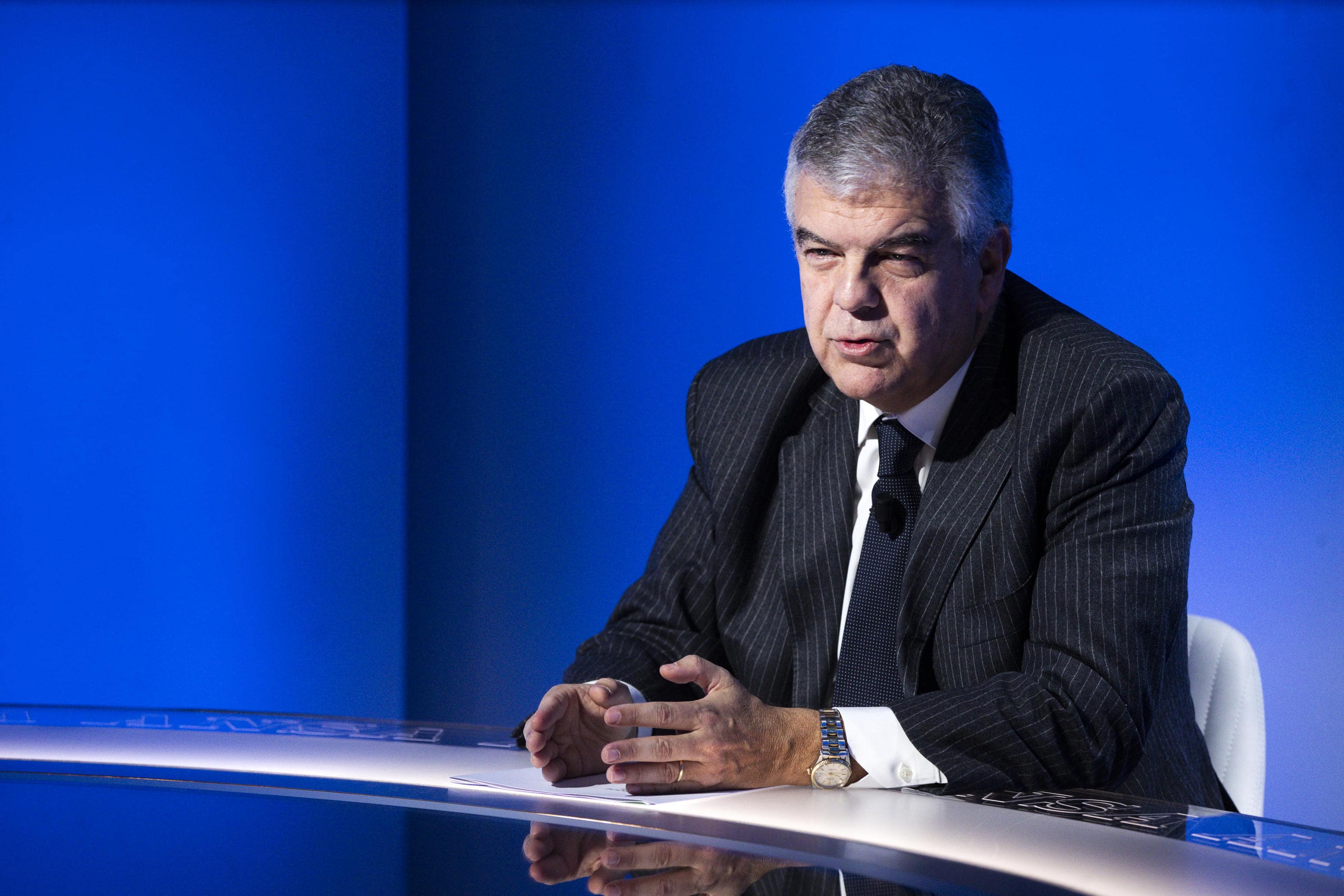NRRP, sustainability and intermodal mobility: Luigi Ferraris’ speech at Ansa Incontra
Speaking via live-streaming at the Ansa Incontra forum organised by the agency headed by Luigi Contu, Luigi Ferraris, CEO of the FS Group, addressed the issues surrounding mobility in Italy: taking stock of the NRRP investments, the targets that can be achieved in the next few years, and the environmental benefits that intermodality can provide.
Luigi Ferraris: “FS Group’s goal is to double the rail freight share”
During the conversation with journalist Corrado Chiominto, CEO Luigi Ferraris focused on freight transport, the focal point of the FS Group’s development plan: “In ten years we need to double the share of freight travelling by rail, which is currently at a standstill at 10%”. It is necessary to focus “on infrastructure and multi-modal terminals to promote rail as a means of transporting goods over medium to long distances and to engage with road transport for the first and last mile”.
Naples-Bari and Terzo Valico: CEO Ferraris’ point on Strategic Works
In terms of the timeframe of the National Recovery and Resilience Plan, “we are on track as at 31 December,” said Luigi Ferraris, “both in terms of how much had to be spent and in terms of the progress of the works and the launch of tenders necessary to implement them. The key deadline is June 2026, which is scheduled for the implementation of works that arose from the government’s renegotiation on the rescheduling of certain projects, in agreement with the European Union. We need to move quickly - deadlines and costs must be met”.
The aim is to provide citizens with “Naples-Bari high-speed rail link that will unite the two cities in two hours” and the Terzo Valico tunnel in Genoa, to bring “the cities of northern Italy’s industrial triangle such as Milan, Genoa and Turin closer than ever before”.

Sustainability at the heart of FS Italiane’s strategy
Sustainability is the key focal point of the Ferrovie dello Stato Group’s corporate strategy, which, as underlined by Luigi Ferraris, is already working to “produce 40% of our energy needs through renewables, by installing new solar plants in areas of the Group that are no longer functional, or by installing photovoltaic panels on roofs and warehouses”.